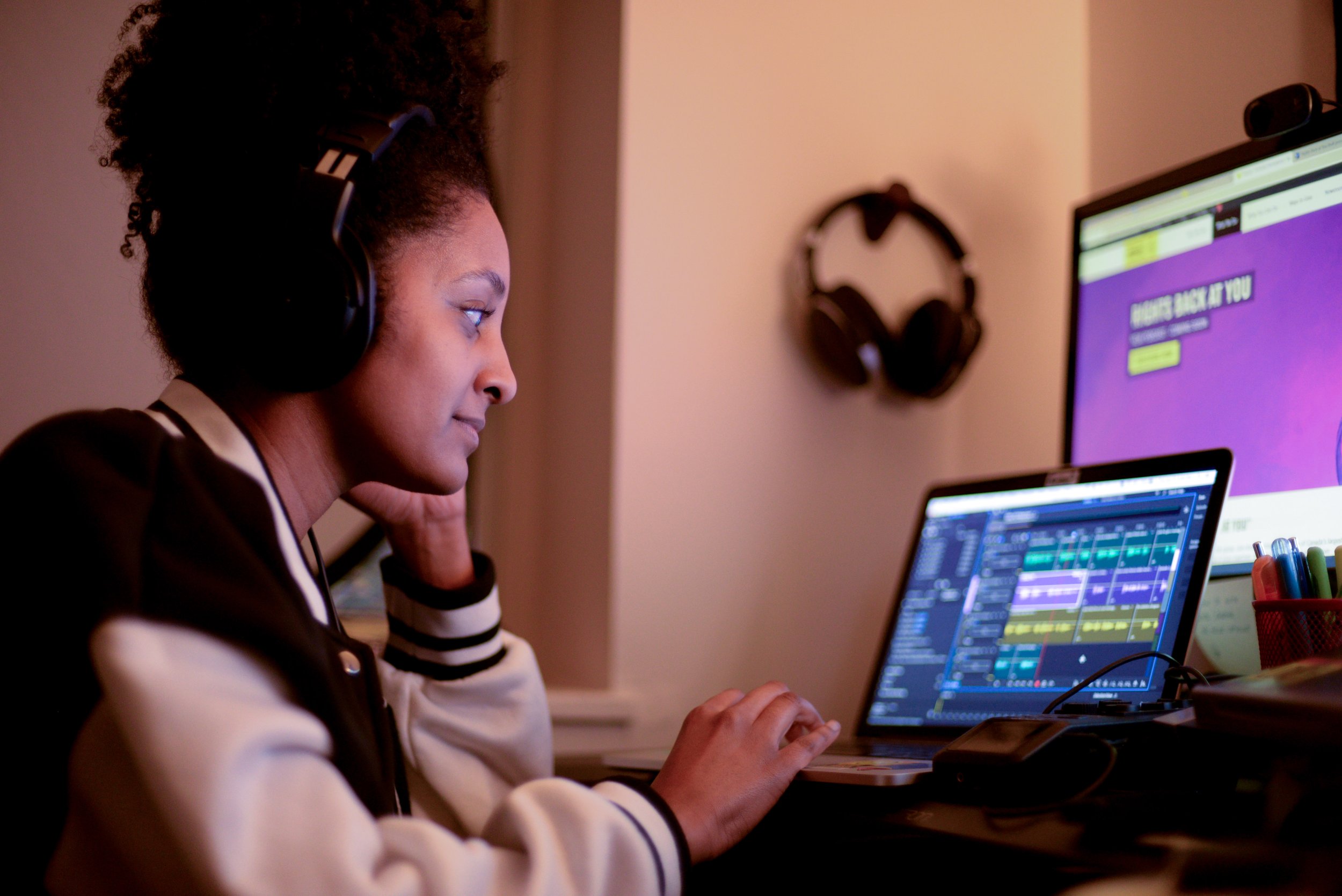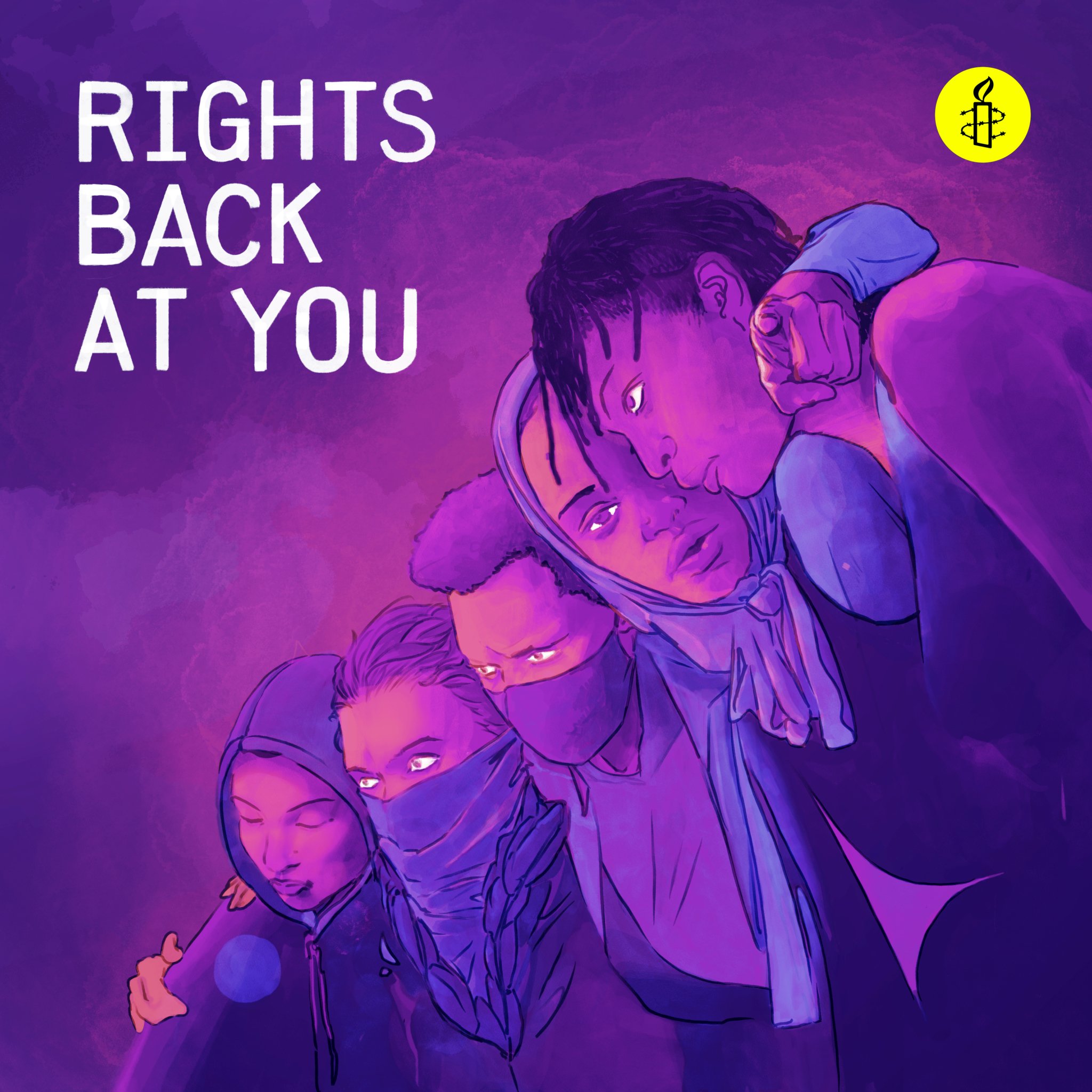How to Make a Branded Podcast Alone (and Less Painfully)
On Producing, Writing, and Hosting a Branded Podcast or, Why Did I Do That to Myself?
As Digital Activism Coordinator at Amnesty International Canada, I pitched a podcasting project at a time when non-profits were having their alleged reckoning with racial justice. They agreed, threw some money behind it, and I was off to the races. Or so I thought.
Podcasting is hard. Like, really hard. I’d had some experience before, co-producing another podcast and attending Vocal Fry’s Podcast Night School in 2019. But nothing could prepare me for the trial by fire of creating, producing, writing, and hosting a branded narrative non-fiction podcast from scratch. While I carried the vast majority of the work myself, I did have some production support from Serisha Iyar in the early days of production.
It has taken exactly one year and nine months to take Rights Back At You from pitch to product. That’s like having a baby twice. Here are some things I have learned – and been burned by – along the way. Hopefully, they help you:
Plan and know your audience.
I wanted this project to be by and for Black people, but Amnesty was not the place to do that. Black people already know these stories. So even though I struggled with accepting I was doing this at first – this is a show primarily for white people and non-Black POC. Its goal is human rights education. The sooner you can figure out who your show is really for and what its purpose is, the sooner you can hone in on tone, style, and delivery. Handwringing about your audience or making something for everyone is showkiller number one.
You can do way more than you think.
Audio equipment terrified me. Amnesty bankrolled some decent gear, but I had never tried field recording on my own before. Jay Cockburn’s The Podcaster’s Audio Guide truly saved my bacon. Its accessibility, straightforwardness, and diagrams made getting good tape less intimidating.
Writing for the ear is different from any other writing.
My initial drafts were dusty and boring (writing a thesis will truly maim your writing skills). I read a fantastic tip: record yourself telling the story into your phone as if you were talking to a friend. It helped me quickly identify how to write like I speak!
Your employer probably does not understand the level of work and skill required.
Even though podcasting is a popular medium, I encountered a lot of misunderstanding. I had to explain many times this was not a chatcast à la J*e R*gan. A narrative non-fiction show is a significant investment in time and energy and the return on quality content can be astronomical. But it requires patience.
It’s going to take longer than you think.
Even longer than that. EVEN LONGER.
Vocal Fry, and specifically Katie’s help with story editing, host coaching, and sound design took this project to a level I could only have dreamed of. Despite a handful of setbacks ranging from mild to hospitalized, we have finally completed the biggest project of my career and I am proud to release it into the world! Please have a listen to Rights Back at You at www.amnesty.ca/rightsbackatyou.


